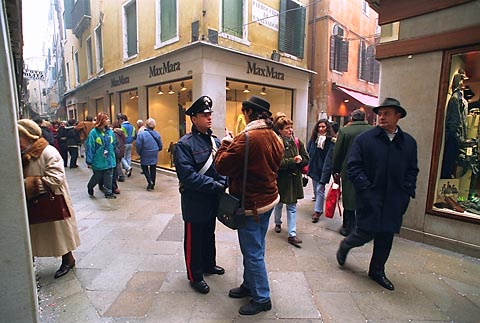In black townships outside Johannesburg, many residents are forced to choose between buying enough food to eat and buying water for basic hygiene and sanitation. Now that they are forced to pre-pay for any water beyond a basic minimal level, many families worry about how to care for sick relatives or what they would do in the event of a fire.
The unequal access to water had previously caused a cholera outbreak as those who could not afford clean water got it from polluted sources (meanwhile the wealthier elite have swimming pools and lawn sprinklers).
For more information, listen to CBC's series on the global water business, or read anything by Vandana Shiva. She's well-documented the results of this money grab. It is happening all over the place in Iraq, Argentina, Detroit, among others. And let's not forget all that happened in Bolivia
More blog entries related to: Africa | Poverty & Class Issues | Health
 Then he offers a theoretical solution with a reference design for a carfree city. His suggested topology incorporates a large amount of public space and green space with moderately dense development.
Then he offers a theoretical solution with a reference design for a carfree city. His suggested topology incorporates a large amount of public space and green space with moderately dense development. 


